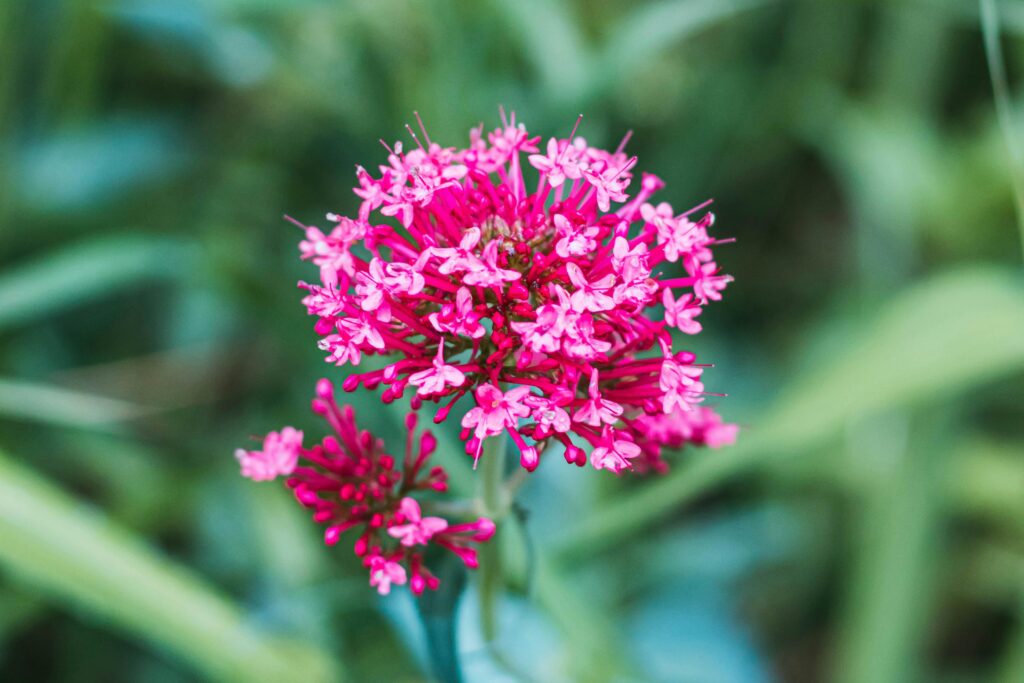In today’s fast-paced world, sleep issues and anxiety have become increasingly common. While many people turn to pharmaceutical solutions, others seek natural remedies that have been trusted for centuries. One such herbal option is Valerian root tea — a calming infusion made from the roots of the valerian plant (Valeriana officinalis).
This herbal tea has a long history of use in Europe and Asia as a natural sleep aid and anxiety reliever. But does modern science back up these traditional claims? Let’s dive into the proven benefits, uses, side effects, and preparation methods of Valerian root tea.
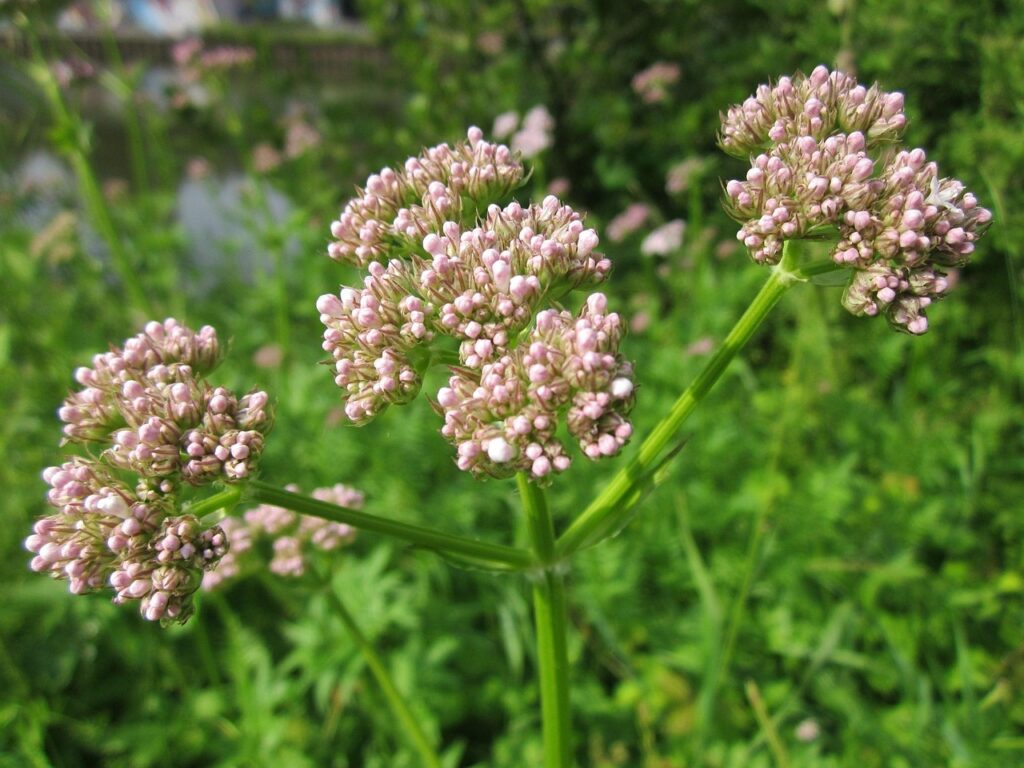
What Is Valerian Root Tea?
Valerian is a flowering plant native to Europe and parts of Asia, now widely cultivated in North America. Its roots are harvested, dried, and brewed into tea or made into capsules and extracts.
The tea itself has a slightly earthy, woody flavor, sometimes described as “pungent.” While the taste may not be as pleasant as chamomile or peppermint, its calming effects make it one of the most popular herbal remedies for insomnia and stress.
Key Compounds in Valerian Root
The root of the valerian plant contains several bioactive compounds believed to contribute to its sedative and relaxing effects:
- Valerenic acid – interacts with GABA receptors in the brain, promoting calmness.
- Isovaleric acid – contributes to relaxation and muscle tension relief.
- Antioxidants – such as hesperidin and linarin, which may reduce oxidative stress.
These compounds work synergistically to calm the nervous system without the harsh side effects often associated with pharmaceutical sleep aids.
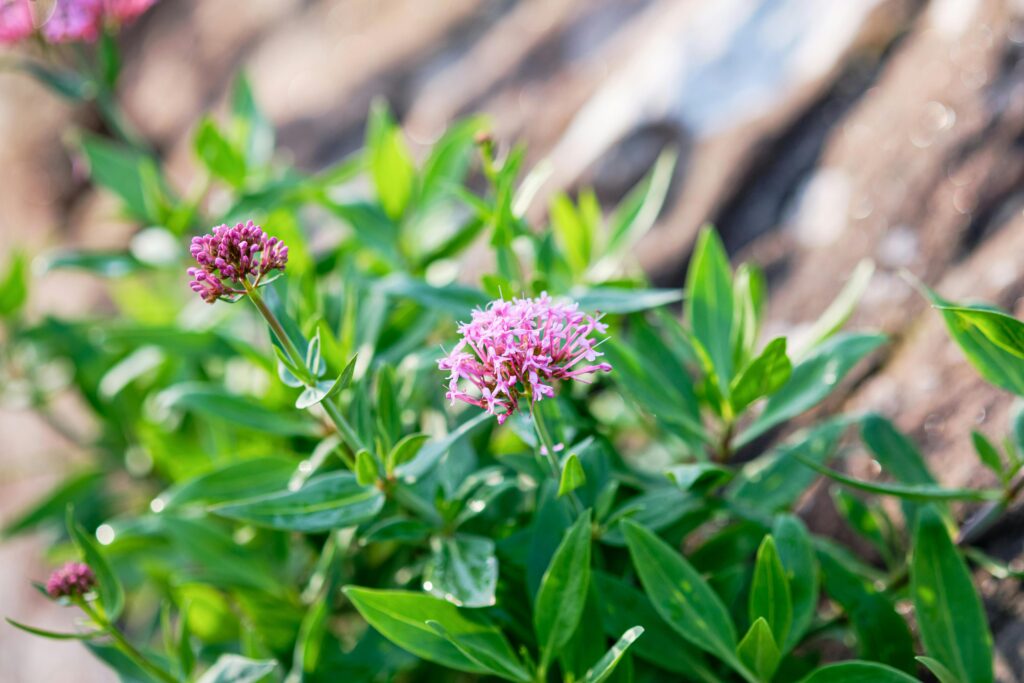
Proven Health Benefits of Valerian Root Tea
1. Supports Better Sleep
Valerian root is best known for its ability to improve sleep quality. Research suggests it may shorten the time it takes to fall asleep and enhance deep, restorative sleep.
- A 2020 review found that valerian root improved sleep quality in people with insomnia and menopause-related sleep disturbances.
- Unlike sedatives, valerian does not usually cause morning grogginess, making it a gentler alternative.
2. Reduces Anxiety and Stress
By influencing GABA receptors in the brain, valerian root tea can help reduce nervous tension and promote a sense of calm. Many people drink it before stressful events or at the end of a long day.
3. May Help With Menopausal Symptoms
Valerian root has shown promise in reducing hot flashes and sleep disturbances in menopausal women. Its calming effects may also ease mood swings and irritability.
4. Supports Relaxation Without Dependency
Unlike prescription sleep medications, valerian is not addictive and does not appear to cause dependence when used responsibly.
5. Potential Aid for Muscle Relaxation
Some evidence suggests valerian may act as a mild muscle relaxant, making it useful for tension headaches and general physical stress.
How to Prepare Valerian Root Tea
Brewing valerian tea is simple, but it’s important to get the dosage right for best results.
Basic Recipe:
- Add 1 teaspoon of dried valerian root (or 1 tea bag) to a cup of hot water.
- Cover and steep for 10–15 minutes.
- Strain, sweeten with honey if desired, and drink about 30 minutes before bedtime.
For best effects, drink valerian tea consistently for at least a week, as the benefits tend to build up over time.
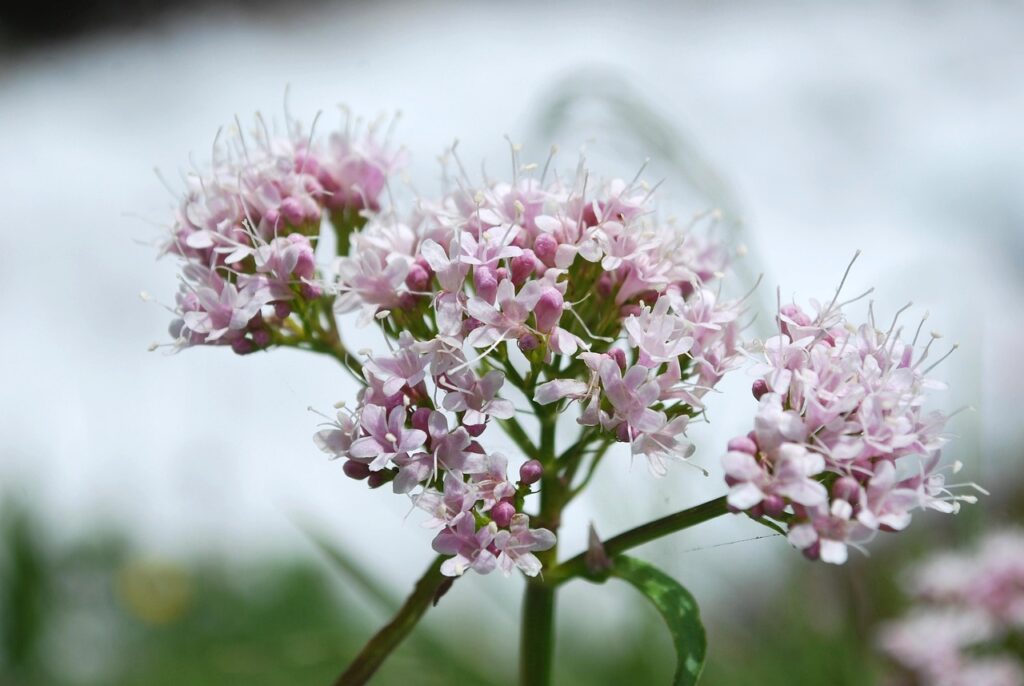
Side Effects and Precautions
Valerian root tea is generally safe, but it’s best to use it in moderation.
Possible side effects include:
- Mild headaches
- Drowsiness
- Stomach discomfort
Precautions:
- Avoid combining with alcohol, sedatives, or other sleep medications.
- Not recommended during pregnancy or breastfeeding.
- Always consult a doctor if you are taking prescription medication for sleep or anxiety.
Where to Buy Valerian Root Tea
Valerian root tea can be found in most health stores, pharmacies, or online. When shopping, look for:
- Organic options free from additives.
- Trusted brands with transparent sourcing.
- Blends that combine valerian with chamomile, passionflower, or lemon balm for enhanced relaxation.
For convenience, you can explore top-rated valerian root teas on Amazon with verified reviews, here’s a list with the best ones:
- Traditional Medicinals Organic Nighty Night Extra Tea With Valerian Root
- NOW Foods Supplements, Valerian Root
- Nutricost Valerian Root Capsules
Valerian Tea vs. Other Herbal Teas
- Valerian vs. Chamomile: Chamomile is milder and better for mild stress, while valerian is stronger for insomnia.
- Valerian vs. Lemon Balm: Lemon balm is uplifting and digestive-friendly, whereas valerian is deeply calming.
- Valerian vs. Lavender: Lavender helps with relaxation and mood, valerian focuses on sleep and anxiety relief.
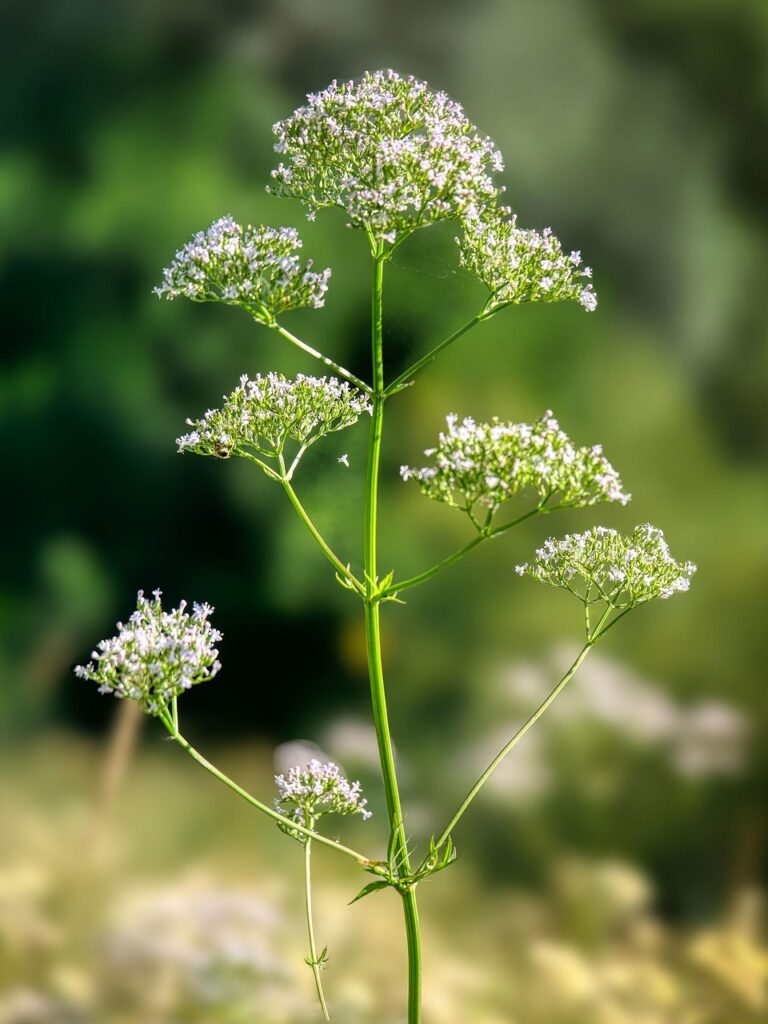
Tips for Enhancing Sleep Naturally
In addition to drinking valerian root tea, consider these sleep hygiene practices:
- Stick to a consistent bedtime routine.
- Limit screen time before bed.
- Keep your room cool, quiet, and dark.
- Avoid caffeine late in the day.
Frequently Asked Questions (FAQ) About Valerian Root Tea
1. Does valerian tea work immediately?
Some people notice effects the first time, while for others it may take several days of consistent use.
2. Can I drink valerian tea every night?
Yes, but limit to 1–2 cups per day to avoid side effects.
3. Is valerian stronger than chamomile?
Yes. Valerian is considered one of the strongest herbal sleep aids, while chamomile is milder.
4. Will valerian tea make me groggy in the morning?
Most people do not experience morning grogginess, but sensitive individuals might.
5. Can children drink valerian tea?
Not recommended for children without medical supervision.
6. Is valerian tea addictive?
No, valerian is not habit-forming when used responsibly.
7. Where can I buy high-quality valerian tea?
You can find high-quality options online. You can find them HERE
Is Valerian Root Tea Worth Trying?
Valerian root tea is one of the most effective herbal remedies for insomnia, anxiety, and stress relief. With centuries of traditional use and growing scientific support, it remains a safe and natural option for better sleep and relaxation.
If you’re looking for a gentle, non-addictive sleep aid, valerian root tea might be the perfect bedtime companion.
Disclaimer
This content is for educational purposes only and should not replace professional medical advice. Always consult your healthcare provider before starting any new herbal remedy, especially if you are pregnant, breastfeeding, or taking prescription medications.

